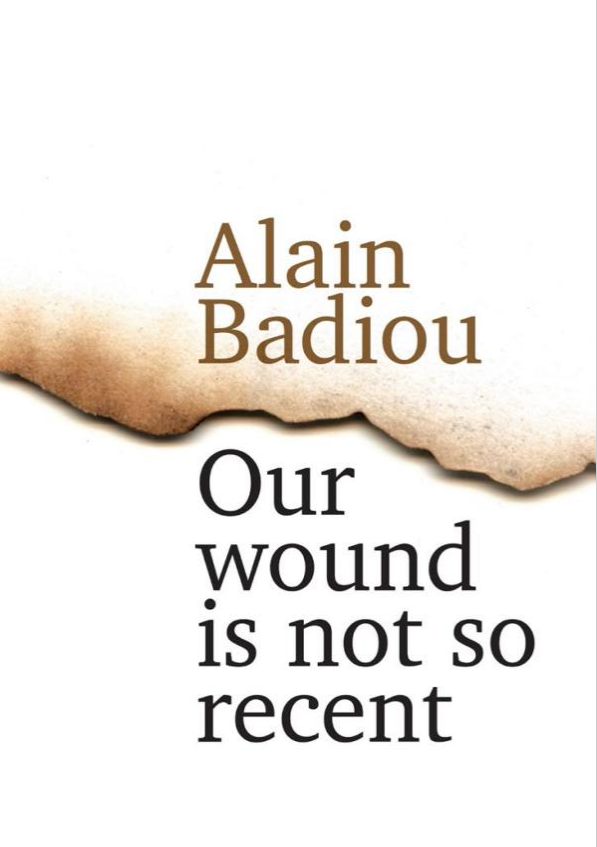
On 13 November 2015, Paris suffered the second wave of brutal terrorist attacks in a year, leaving 130 dead and many more seriously injured. How are we to make sense of these violent acts and what do they tell us about the forces shaping our world today?
In this short book the influential philosopher Alain Badiou argues that while these violent events are commonly portrayed as acts of Islamic terrorism, in fact they attest to a much deeper malaise that is connected to the triumph of global capitalism and to new forms of imperialism that involve the weakening of states, such that whole regions of the world have been turned into ungovernable zones run by armed gangs in which ordinary people are forced to live the most precarious lives. These zones have become the breeding ground for a new kind of nihilism that seeks revenge for the domination of the West. And it is this new nihilism, on to which Islam has been grafted, that exerts a particular appeal to the young men and women on the margins who carried out the atrocities in Paris.
The tragedy of 13 November might appear at first sight to be rooted in immigration and Islam but our wound is not so recent: it is rooted in a deeper set of transformations that have reshaped our world, creating small islands of privilege amidst large masses of the destitute and depriving us of a politics that would offer a serious alternative to the present.
Nils Rune Langeland har en unik penn. Historiens spøkelseshær
Woke tosh.
Grensen mot Russland er blitt en grense mellom krig og fred. Gjennom tre måneder har Nils Rune Langeland reist fra Kirkenes i nord til Georgia . . .
The great forces of population change – the balance of births, deaths and migrations – have made the world what it is today. They have . . .
Niall Ferguson
A riveting study of Africa’s demographics – its youth and growth – and what they mean for the continent, today and into the future. Africa’s . . .
World leaders have made a forceful statement that climate change is the greatest challenge facing humanity in the 21st century. However, little progress has been . . .
As Einstein pointed out in his famous equation, E=MC2, all matter can be described as energy. It is everywhere; it is everything. In this engaging . . .
Packed with fascinating facts and insight, this book will fuel dinner party debate, and provide readers with the science and politics behind the world’s most . . .
Is flying dangerous? How much do the world’s cows weigh? And what makes people happy? From earth’s nations and inhabitants, through the fuels and foods . . .
«Sam Huntington, one of the West’s most eminent political scientists, presents a challenging framework for understanding the realities of global politics in the next century. . . .
Europa er inne i en brytningstid. Kartet stemmer dårlig overens med terrenget. De arvede sjablongene, begrepene som vi har brukt til å forstå vår samtid . . .
«For over a decade, philosopher and energy expert Alex Epstein has predicted that any negative impacts of fossil fuel use on our climate will be . . .
Michael Shellenberger has been fighting for a greener planet for decades. He helped save the world’s last unprotected redwoods. He co-created the predecessor to today’s . . .
False Alarm: How Climate Change Panic Costs Us Trillions, Hurts the Poor, and Fails to Fix the Planet Hurricanes batter our coasts. Wildfires rage across . . .
Unsettled is a remarkable book–probably the best book on climate change for the intelligent layperson–that achieves the feat of conveying complex information clearly and in . . .
Delightfully contrarian, this is the one book you need to read to understand our modern world We have never had so much information at our . . .
China has concentration camps now. Why do Westerners claim our sins are unique? It is now in vogue to celebrate non-Western cultures and disparage Western . . .
Det går nedenom og hjem med vestlig kultur. «Britain today presents a puzzling spectacle. Outwardly, materially, the country is prospering, and there is no particular . . .